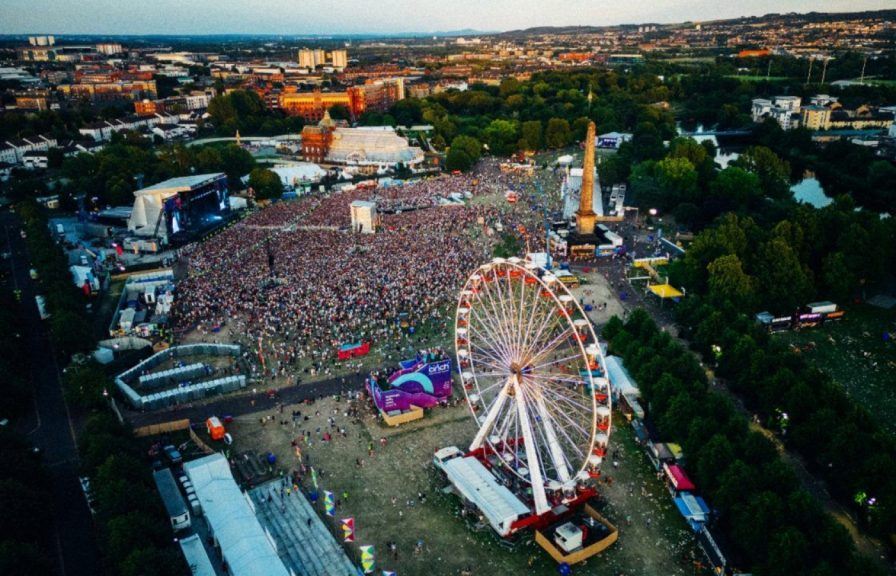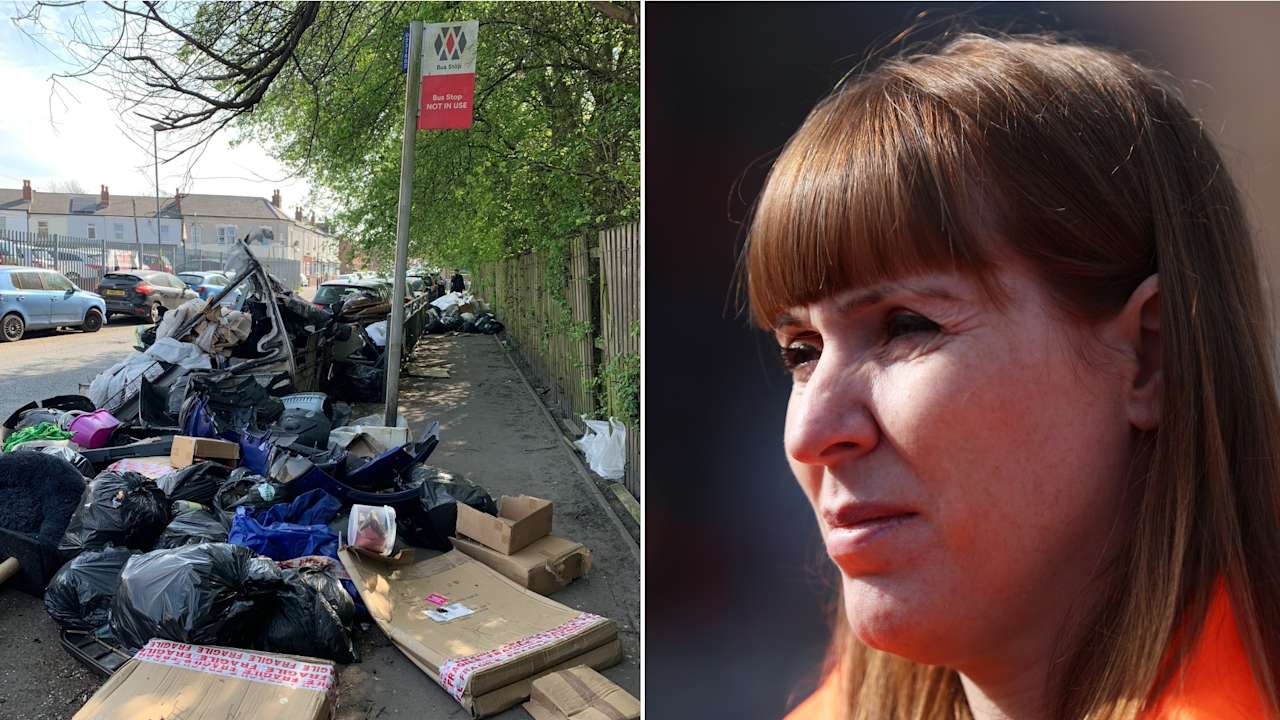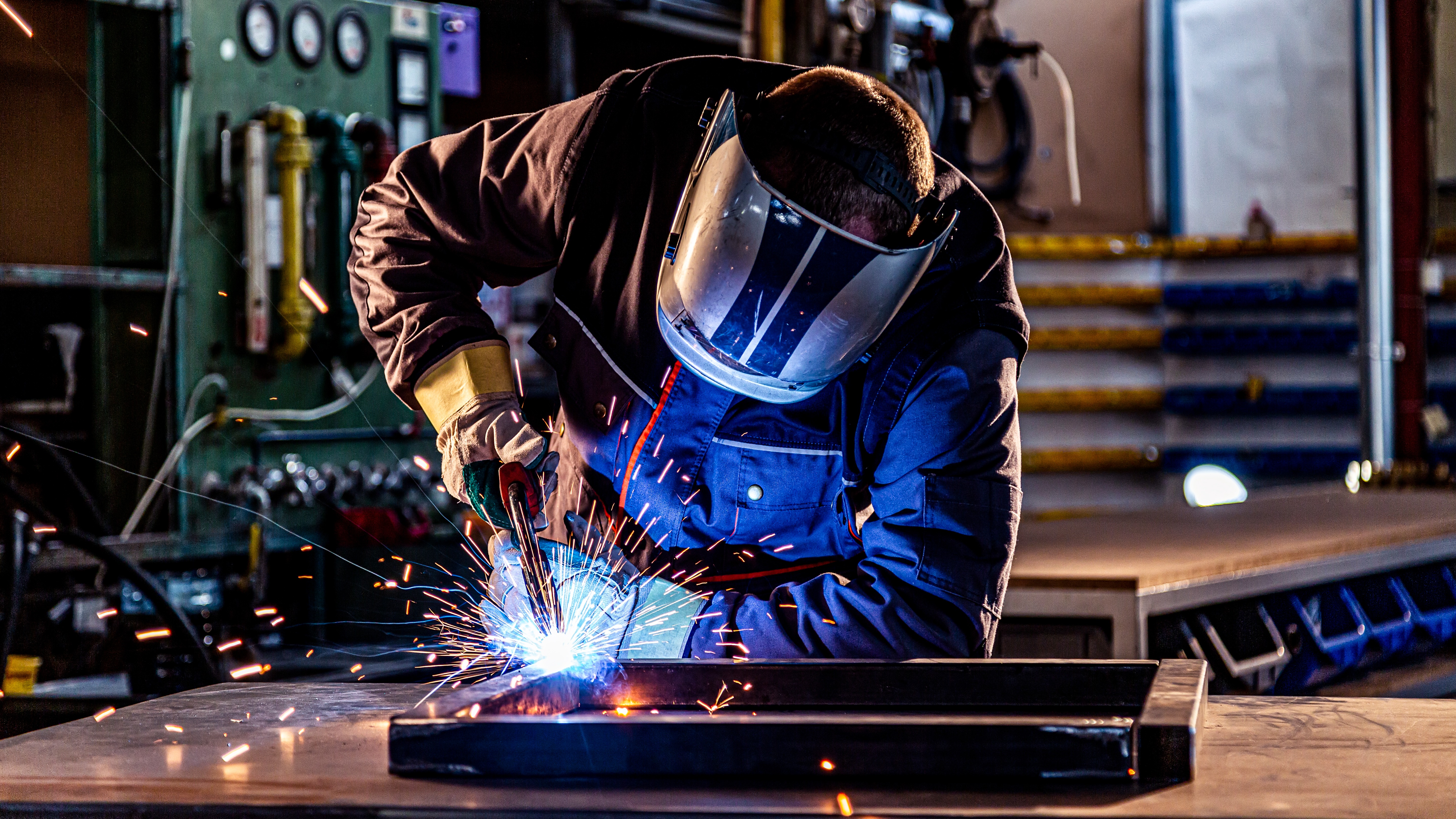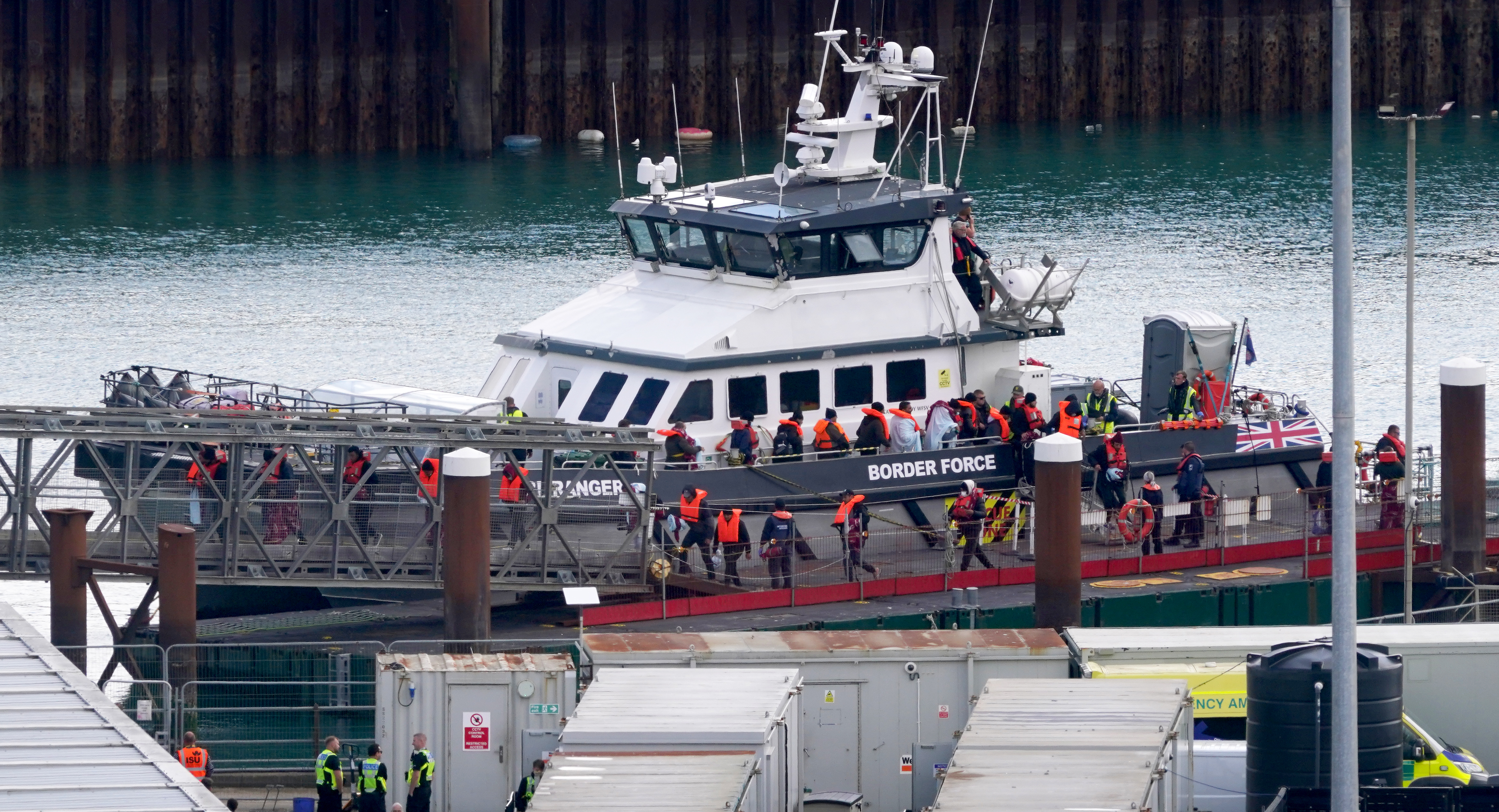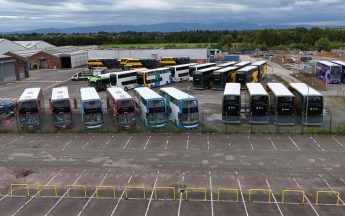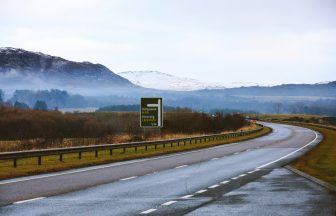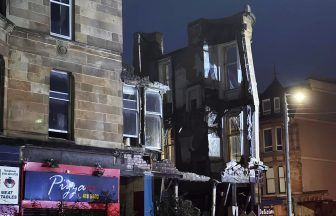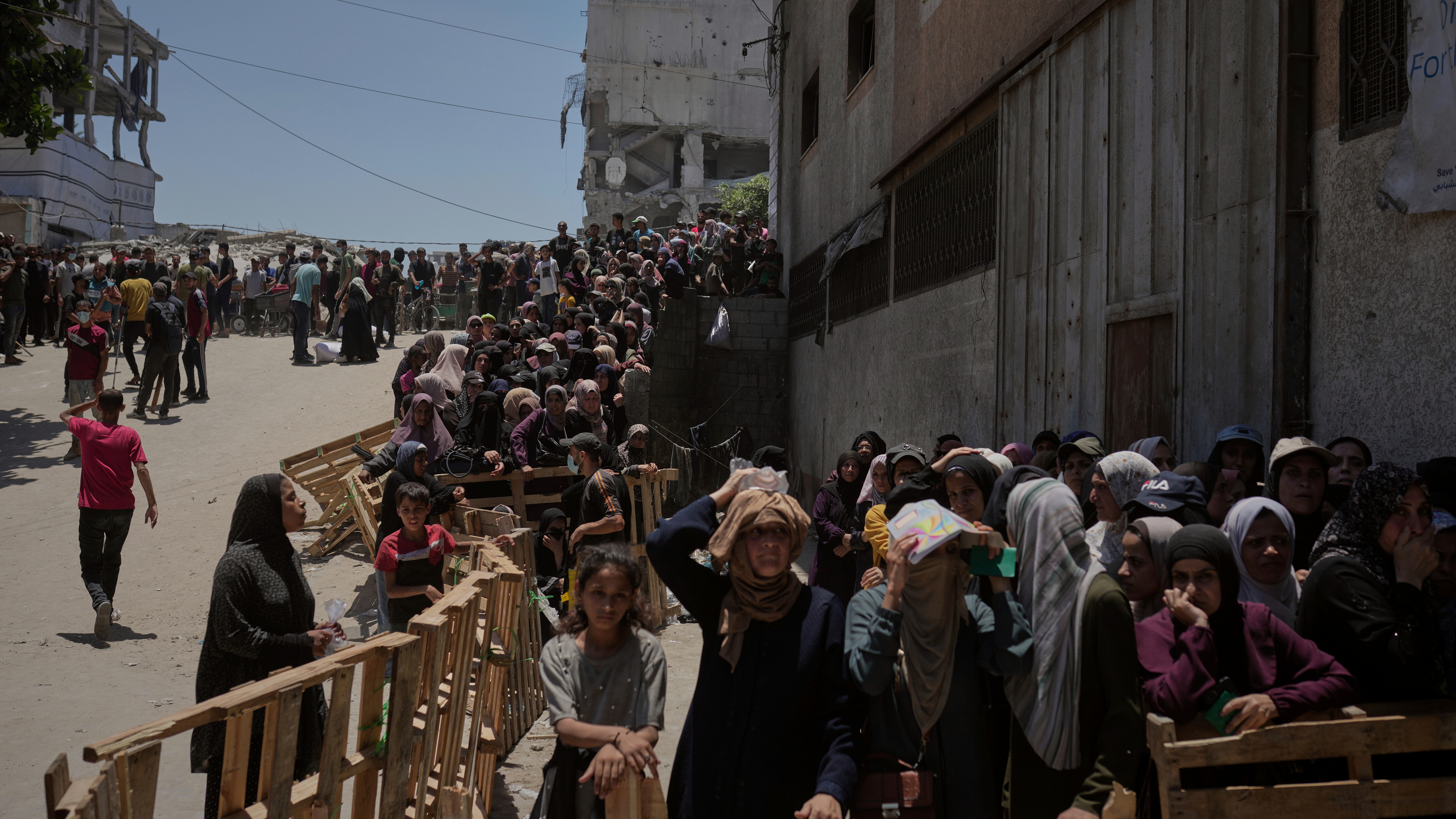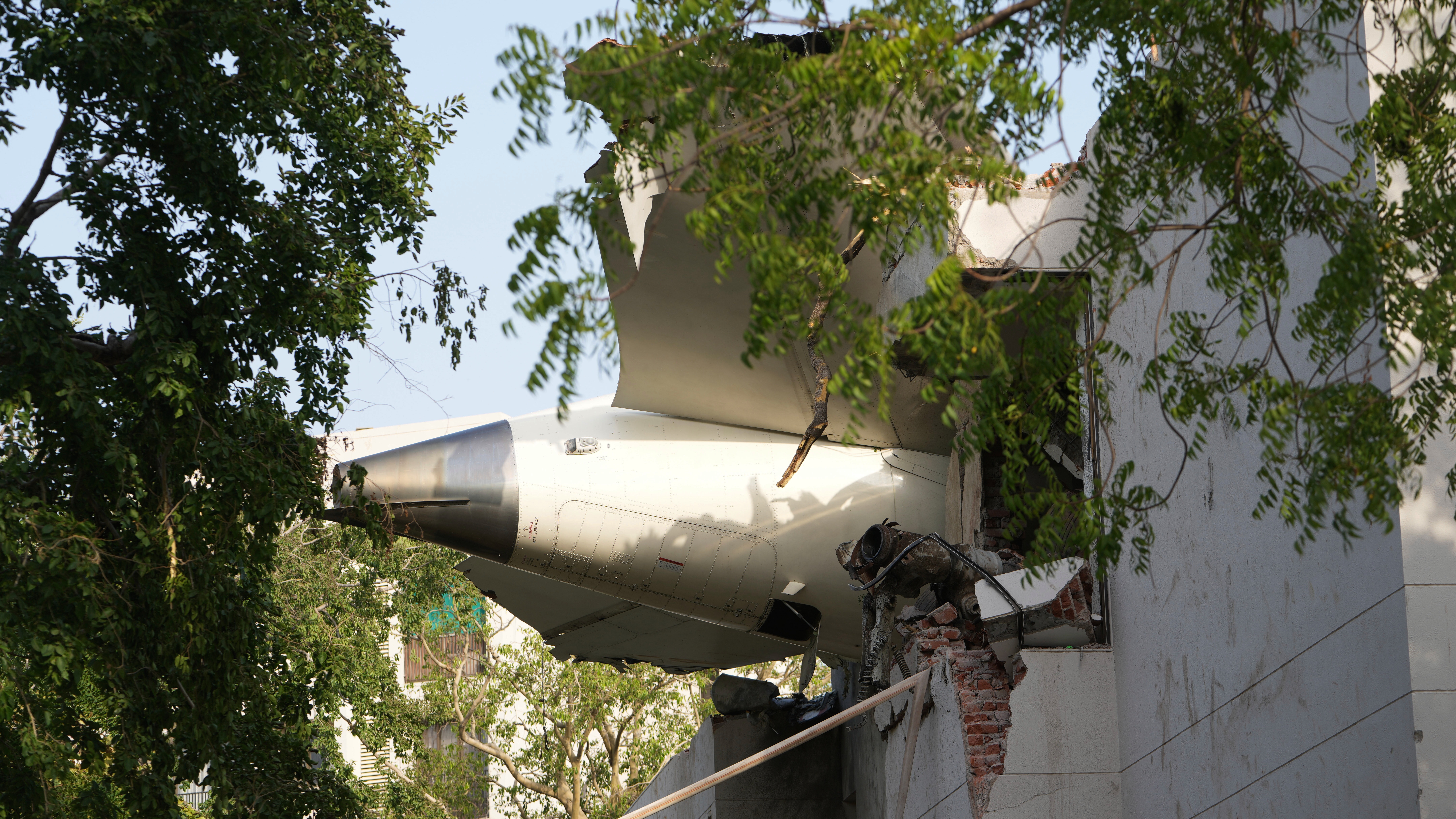Nicola Sturgeon has insisted that she would not want to go ahead with a referendum on Scottish independence that wasn’t legal.
However, she said that the question of whether the Scottish Parliament has the legal competency to hold one has never been tested in court.
The powers to hold a referendum are currently held by Westminster.
In 2014, a Section 30 request by the Scottish Government was granted by then-Prime Minister David Cameron to enable the temporary transfer of powers to Holyrood to allow a vote on the constitution to take place.
But, Boris Johnson has dismissed calls for a second Scottish independence referendum to be held.
It comes after the Scottish Information Commissioner last week ruled that the Scottish Government should publish the legal advice it has received about a referendum.
A deadline of June 10 has now been set for the Government to publish parts of the advice.
First Minister Nicola Sturgeon was asked about the issue during an interview on BBC Radio 4 on Monday.
The SNP leader, however, indicated that governments do not routinely publish the legal advice they receive.
“What we seek to do is implement and exercise that democratic mandate,” she said of her party’s election victory last year.
“Of course, if there’s doubt about what people think about independence, then surely the democratic way to decide that is in a referendum.
“It is about giving people a democratic choice. I support independence, I always have done.
“I think it would be self-government in that sense would be best for Scotland and also, interestingly, the best way for Scotland to exercise constructive influence internationally as well.
“But ultimately, it is for people in Scotland to decide.”
Sturgeon explained that her government will consider the ruling made by the information commissioner.
“That’s never been tested in court of course, so that is… many people would argue that, absolutely, some people may argue differently,” she said of the question of the Scottish Parliament’s legal competency regarding a referendum.
“The freedom of information point was about legal advice taken back in 2020.
“We’ve got a ruling from the commissioner which, in terms of the freedom of information legislation in due process, we are considering before a deadline of June 10.”
The First Minister was asked why the advice cannot be published now.
“We’ll consider that ruling and we’ll set out how we intend to proceed,” she said.
“There is a very longstanding convention not just in Scotland but in the UK as well, in fact, I think probably across much of the world, that governments don’t publish routinely legal advice because we want to get free and frank advice.
“And that’s the convention that governments all over the world have adhered to, so to go against that is going against that precedent and that convention and it needs to be properly considered.”
The SNP leader insisted that it would not be in the interests of independence supporters to have a referendum that was not legal and constitutional.
She told the BBC: “I wouldn’t want to go ahead with a referendum that wasn’t legal – point one.
“Point two – I couldn’t go ahead with a referendum that wasn’t legal because we have a system of checks and balances in this country, Scotland and the UK, that would ultimately lead to the Supreme Court stepping in or considering a case if that was the case.
“The only referendum worth its salt is one that is democratic, legal and can deliver a decision that can be implemented.”
She added: “It would not be in the interests of those who want independence, let alone anybody else’s interests, for a referendum to be anything other than legal and constitutional because that’s the only way of delivering independence.
“But the point you’re making to me here about whether the Scottish Parliament has the legal competence to have a referendum, just in point of fact, that has not yet been tested in court, so you cannot state categorically that it would be outwith the powers of the Scottish Parliament.”
Sturgeon was also asked about whether Scotland would seek to join NATO if the country becomes independent.
“What Putin has done I think should make everybody stop and think about the world we live in,” she said.
“It has turned on its head many of the norms that we have accepted in the world in the post-Cold War era.
“In terms of the nuclear question, I think what it’s reminding us is that a world with nuclear weapons is not necessarily safer and I certainly think we should be looking ahead and trying to create a world without nuclear weapons.”
She continued: “I’m not sure Putin, frankly, is rational in the decisions he’s taken.
“And when you’ve got someone as irrational and as dangerous as him with nuclear weapons, I’m not sure that adds up to a safer world.
Sturgeon added that Scotland would have a “big responsibility” if it was to become part of NATO.
“I wouldn’t want to see an independent Scotland hold nuclear weapons and that would put an independent Scotland in the same category of course as the vast majority of countries across the world, there’s a tiny number of countries in the world (that) have nuclear weapons,” she said.
“Scotland, if you look on a map, is a pretty important part strategically of the North Atlantic geographic area.
“I think it would be important to NATO to have Scotland as a member and it would be important to Scotland.”
The First Minister continued: “An independent Scotland would have a big responsibility to be very clear about the part it would play in NATO, what it would bring to that table and be a very constructive, fully participating member.
“But as a non-nuclear member in the way that most NATO members are.”
Follow STV News on WhatsApp
Scan the QR code on your mobile device for all the latest news from around the country


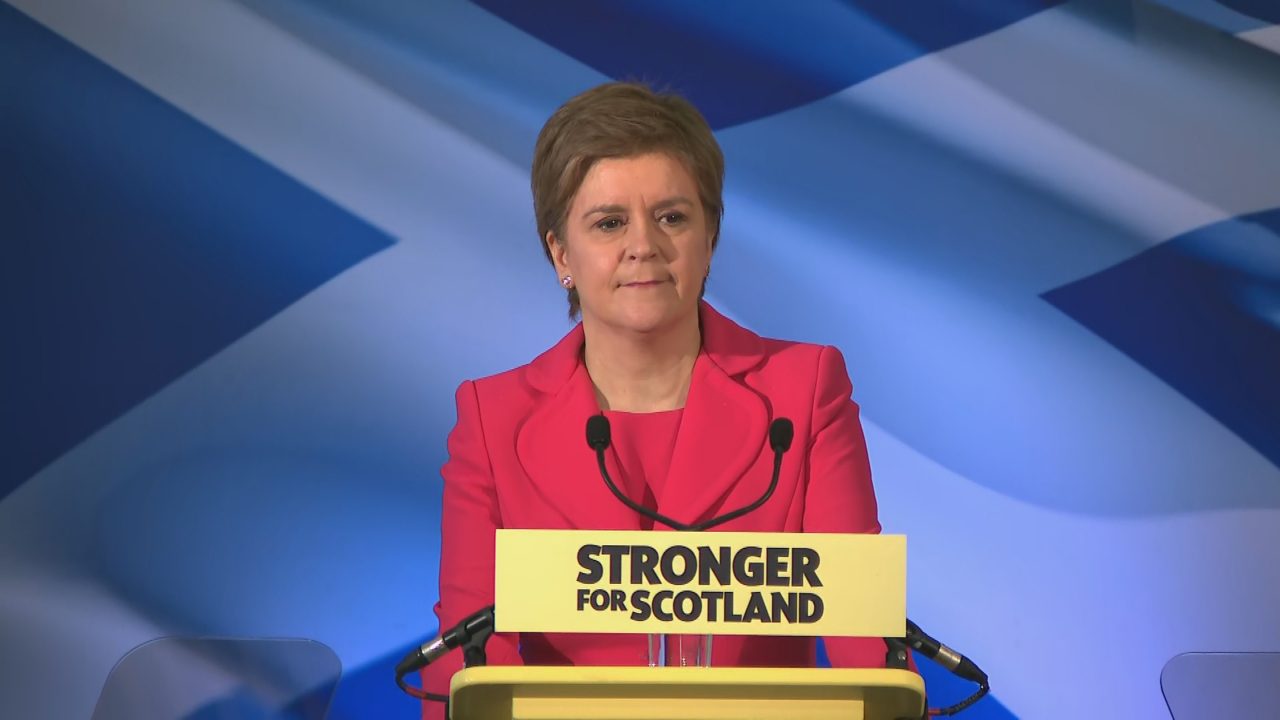 STV News
STV News

